The Trump administration is preparing to enter next week’s renewed nuclear negotiations with Iran armed with a fresh set of hardline demands, aiming to cement the gains made during the recent joint U.S.-Israeli military campaign against Tehran’s nuclear infrastructure.
According to reports, the U.S. will insist on three non-negotiable conditions before any substantive talks can resume: a total ban on uranium enrichment inside Iran, the removal of all highly enriched uranium currently in Iranian stockpiles, and new limitations on Tehran’s missile development program.
The preconditions mark a dramatic escalation of the administration’s posture toward Iran and reflect a growing belief in some corners of Washington—and Jerusalem—that not all of Iran’s nuclear capability was neutralized during last month’s airstrikes. Just prior to the campaign, the International Atomic Energy Agency reported that Iran had amassed over 408 kilograms of uranium enriched to 60 percent—enough material, if further enriched, to fuel more than ten nuclear bombs.
That stockpile remains a central concern for both American and Israeli officials, who fear that any portion left intact could allow Tehran to quietly restart its weapons program or, in a worst-case scenario, develop a radiological weapon capable of causing massive disruption. The administration’s demand for the removal of this material comes with an unspoken warning: refusal could prompt another round of military strikes.
“This is not going to be like the Obama deal,” one senior administration official said. “There is no room for games here. Iran knows what it needs to do. And if it doesn’t, we’re prepared to act again.”
The upcoming talks, the first since airstrikes began on June 13, represent a new phase in a confrontation that has shifted from covert sabotage and diplomatic stalemates to open warfare and strategic recalibration. The Trump White House, buoyed by what officials describe as a “dual strike success,” is entering the negotiations with confidence—and leverage.
The U.S. campaign, executed in coordination with Israel, dealt what officials call “irreversible” damage to key Iranian nuclear facilities. While the Pentagon has not publicly detailed the full scope of the operation, Israeli officials offered a striking revelation on Wednesday: eleven senior Iranian nuclear scientists were killed in the campaign—nine in the opening wave of strikes, and two more in the final hours of the conflict. All were reportedly involved in Iran’s military nuclear project, including members of the so-called “weapon group” responsible for warhead development.
Israel’s Atomic Energy Commission released an unusually blunt assessment, stating that the combined American and Israeli strikes had “pushed back Iran’s nuclear weapon capability by many years.” The commission, typically silent on operational matters, added that the damage spanned enrichment sites, development labs, and key personnel hubs, many located in and around Tehran.
The IDF’s Technical Intelligence Arena—a specialized division within Military Intelligence—is still finalizing its post-strike assessment, but early conclusions are that Iran’s nuclear program has taken a devastating hit. A recent internal memo circulated within the IDF’s Military Intelligence Directorate described the campaign as delivering “a major blow to both infrastructure and human capital” critical to Iran’s nuclear ambitions.
Iran, for its part, had previously rejected these same demands when they were floated ahead of the June operation. At the time, Tehran insisted on its sovereign right to enrich uranium and dismissed any missile restrictions as a nonstarter. But the situation has since shifted dramatically.
With several key facilities destroyed, its scientific leadership gutted, and its population reeling from the economic and political aftershocks of the strikes, Tehran is returning to the negotiating table in a far weaker position. Administration officials say this is by design.
“We knew they would never come to the table on their own,” a White House national security aide said. “That’s why we hit them hard. Now they understand the cost of defiance.”
Even so, some European diplomats are cautioning against premature declarations of victory. “Iran is cornered, yes,” one EU official said. “But cornered regimes are dangerous. They may negotiate, or they may lash out.”
(YWN World Headquarters – NYC)

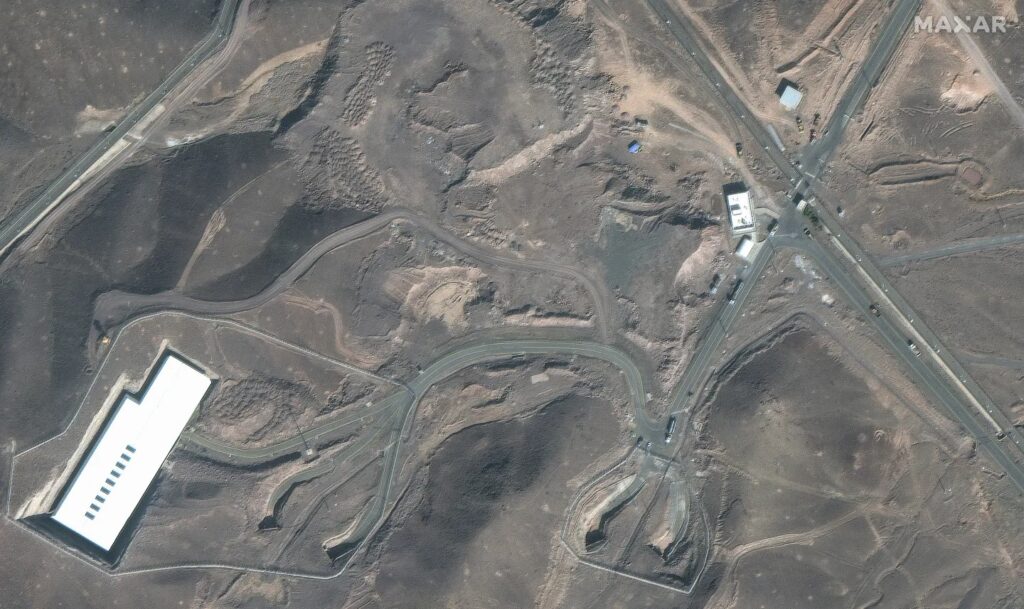

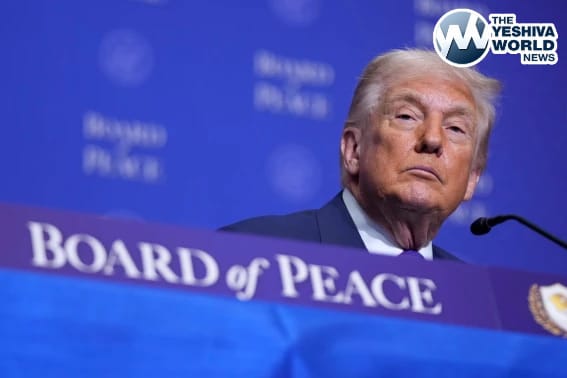
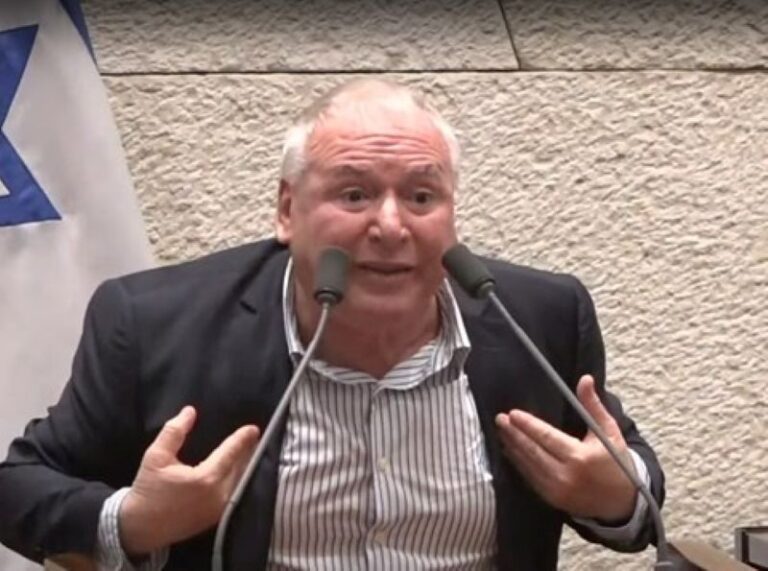
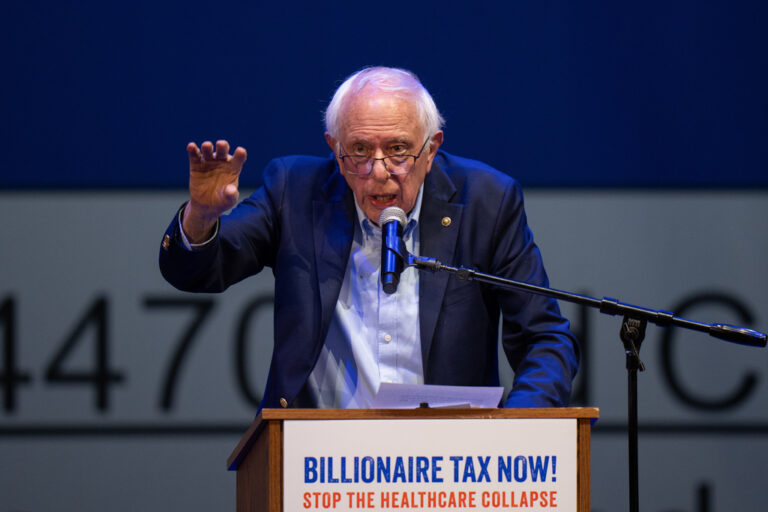





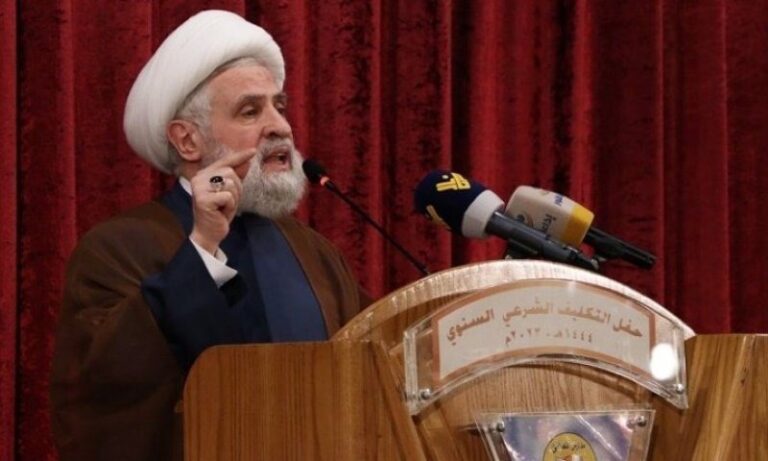
One Response
No Nuclear, no missiles – BUT ALSO NO SPONSORING OF TERROR!!